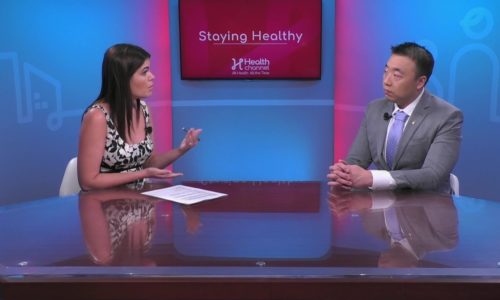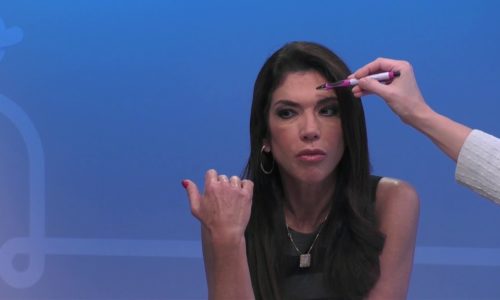Medical Tourism & Plastic Surgery |
Medical tourism can be very risky, says Dr. Ricardo Castrellon,
Medical Director of the Burn Center at South Miami Hospital, because although the surgery goes well, the patient needs follow-up. In most of cases, patients don’t realize that.
He affirms he sees very scared patients when they’re going to his
office. “They have drains, they have concerns and they’re looking for someone who answers that”.
Patients try to do telemedicine with the physician in other country,
but it’s not possible, he says.
Transcript
There’s a lot involved here what’s your take on medical tourism. > I’ll tell you the truth. Even if surgery goes well you’re still gonna need follow-up and that’s what patients don’t realize they have doubt to have questions they top showing up to the ER and now they realize that they show up to the ER and who’s gonna fall in I’m gonna have to call a plastic surgeon on call they’re gonna realize that their insurance even if they have some type of insurance doesn’t even cover their visit to the ER, so there’s they’re gonna have questions and… you know… this will all and this isn’t the best-case scenario. Worst-case scenario now you have an infection who’s gonna treat you. The surgeon there’s not gonna be someone who knows what type of surgery you’re undergo so it all puts you at a higher risk and at the end of the day like you said everybody is gonna end up paying. You’re gonna as a physician, you’re gonna end up paying as a patien, and the health care system also ends up paying. > I would have to believe that in your opinion one of the most dangerous things is people in the medical tourism side of things they go to another country they have something done a couple of days are on a plane they’re heading home, without even sitting, without even waiting, without even taking care of any kind of post-op whatsoever, that’s got to be frightening to you. > You’re scared a patient comes in and then we see them all the time the patients show up to our office and they’re scared they don’t know what to do now they have drains they have they have concerns and and they they’re looking for someone to answer that. With with the advent of telecommunication and Skype and FaceTime they’re trying to do telemedicine with their physicians but the reality it’s not possible the things that they’re gonna need to see a physician to follow them up when they come back.








